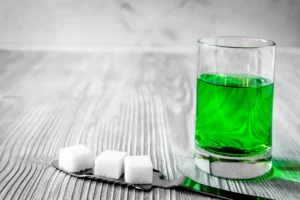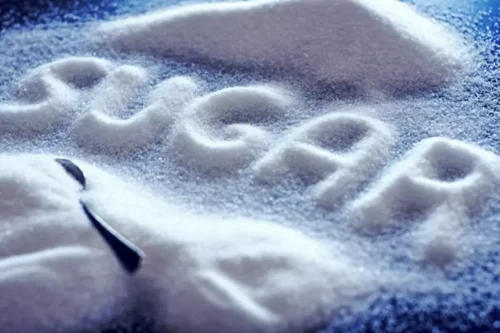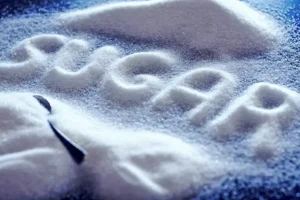Hühnchen gehen hoch, Gewinne geht es
August 13, 2025 | 11:09 PM

We would like to hear your gaming ideas and convert it into reality simply by exchanging the interesting talks about your project requirement in detail.

These genetic factors, when combined with individual allergic responses to alcohol or its ingredients, can significantly influence the severity and frequency of skin rashes after drinking. Sustained or excessive drinking can trigger many alcohol-related skin issues, including dryness, reduced elasticity, and flushing. While some skin damage from alcohol like flushing or dry skin is benign, more severe alcoholic skin issues can develop as a result of chronic alcohol abuse. It's essential to seek medical advice if you suspect you have an alcohol allergy or experience severe allergic reactions after consuming alcohol. An allergist alcohol poisoning hives can perform tests to identify the specific allergen causing the reaction and provide guidance on managing the allergy effectively.

Some individuals may have low levels of this enzyme, leading to an accumulation of histamine after consuming foods or drinks rich in it—alcohol being a prime example. The more you drink, especially in a short period of time, the greater your risk of alcohol poisoning. If you think that someone has alcohol poisoning, seek medical care right away. Binge drinking is a severe problem in the U.S., especially among young adults. Binge drinking is defined as four or more drinks for women and five or more drinks for men within two hours.

Actually, drinking alcohol, which has ethanol as a major factor, can trigger hives itchy rash in patients suffering from hives. Some individuals may have allergies or sensitivities to specific components found in alcoholic beverages—like sulfites in wine or histamines in beer—which can trigger rashes upon consumption. When overwhelmed by excessive consumption, it struggles to process toxins effectively. This toxicity can lead to inflammation and skin reactions such as rashes.
If the hives are accompanied by severe symptoms such as difficulty breathing, dizziness, or swelling of the face, it is crucial to seek emergency medical attention. Individuals with alcoholic dermatitis may also experience symptoms such as dryness, blistering, and peeling of the affected skin. To manage this condition, it is important to avoid alcohol consumption and seek medical advice for appropriate treatment options.


By managing alcohol sensitivity, addressing underlying skin conditions, and practicing moderation, individuals can minimize the risk of developing alcohol-related skin rashes. Individuals with pre-existing skin conditions may be more susceptible to alcohol-related skin rashes. Skin conditions such as eczema, psoriasis, and dermatitis can be aggravated by alcohol consumption, leading to flare-ups and the development of rashes. When it comes to alcohol-related skin rashes, several factors can influence their occurrence and severity. Understanding these factors can help individuals make informed decisions about their alcohol consumption and skincare habits.
Consulting a healthcare professional can help you understand the underlying causes of the rash and determine the appropriate course of action. Here are some guidelines on when to consult a healthcare professional and the diagnostic procedures they may use to identify alcohol rashes. If you experience persistent or severe skin rashes after consuming alcohol, it's important to seek medical advice for a proper diagnosis and guidance on managing your condition. If you experience hives after drinking alcohol, taking an antihistamine can help reduce the symptoms. If your symptoms are severe or accompanied by other symptoms like difficulty breathing or swelling of the face or throat, seek medical attention right away. The alcohol poisoning rash appearance refers Alcoholics Anonymous to skin changes that may occur as a result of excessive alcohol consumption.
Certain individuals may have allergic reactions to specific components of alcoholic beverages. These reactions can range from mild to severe and may include symptoms such as hives, itching, facial swelling, or difficulty breathing. It's important to note that an allergic reaction to alcohol is different from an alcohol intolerance or sensitivity. When it comes to alcohol-induced skin rashes, it's important to be able to recognize the symptoms, seek medical advice, and implement prevention and treatment strategies. By doing so, individuals can effectively manage and minimize the impact of these skin reactions.
Alcohol has a diuretic effect, causing dehydration that can lead to dry skin and irritation. Moreover, excessive drinking can trigger inflammatory responses in the body. Alcoholic dermatitis, also known as alcohol allergy rash or alcohol intolerance rash, is a skin condition that occurs as a result of an individual's sensitivity to alcohol or its metabolites.
 categories
categories
 Recent Posts
Recent Posts
August 13, 2025 | 11:09 PM
August 13, 2025 | 9:23 PM
August 13, 2025 | 8:32 PM
August 13, 2025 | 8:13 PM
August 13, 2025 | 7:05 PM
 Recent Comments
Recent Comments